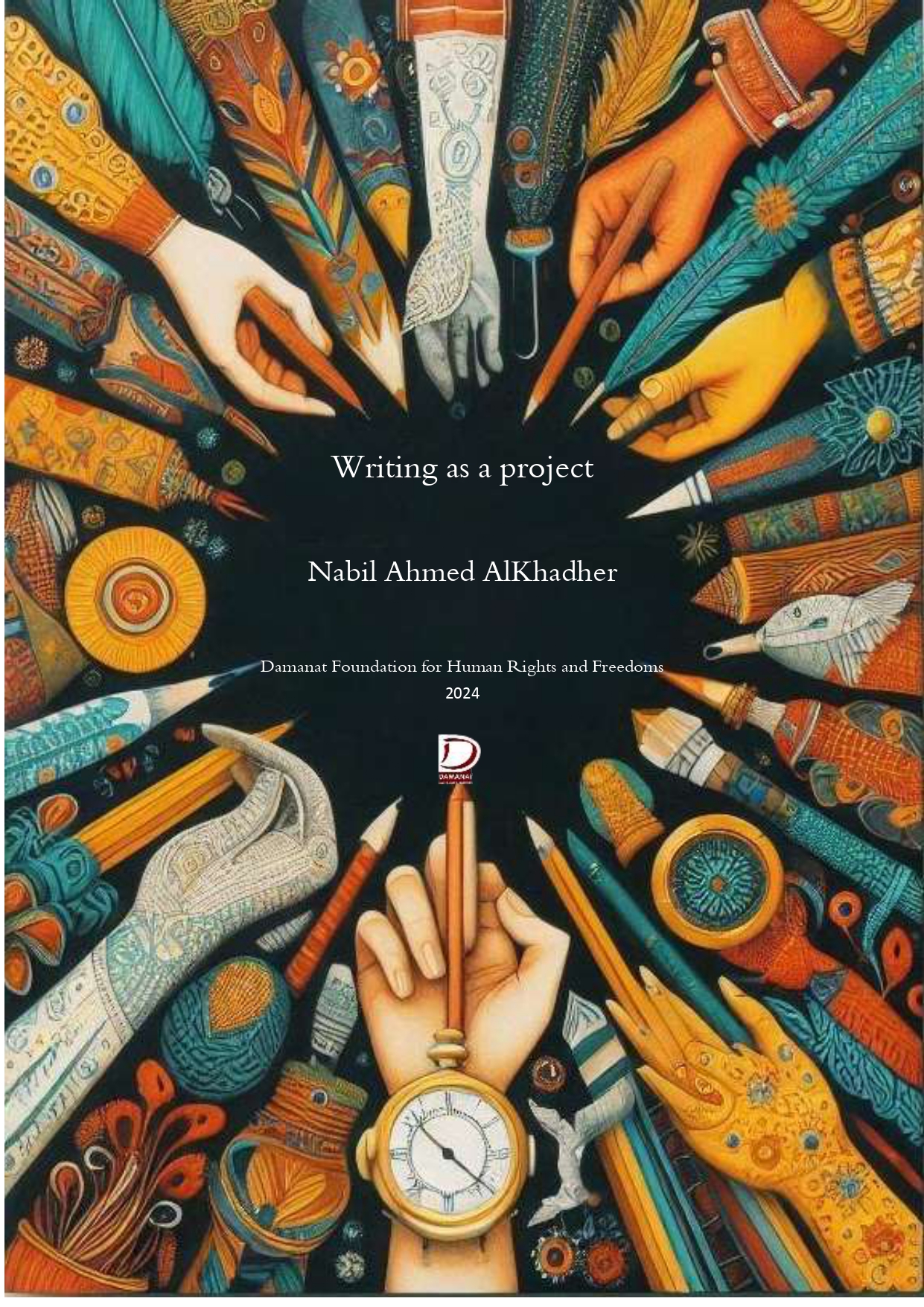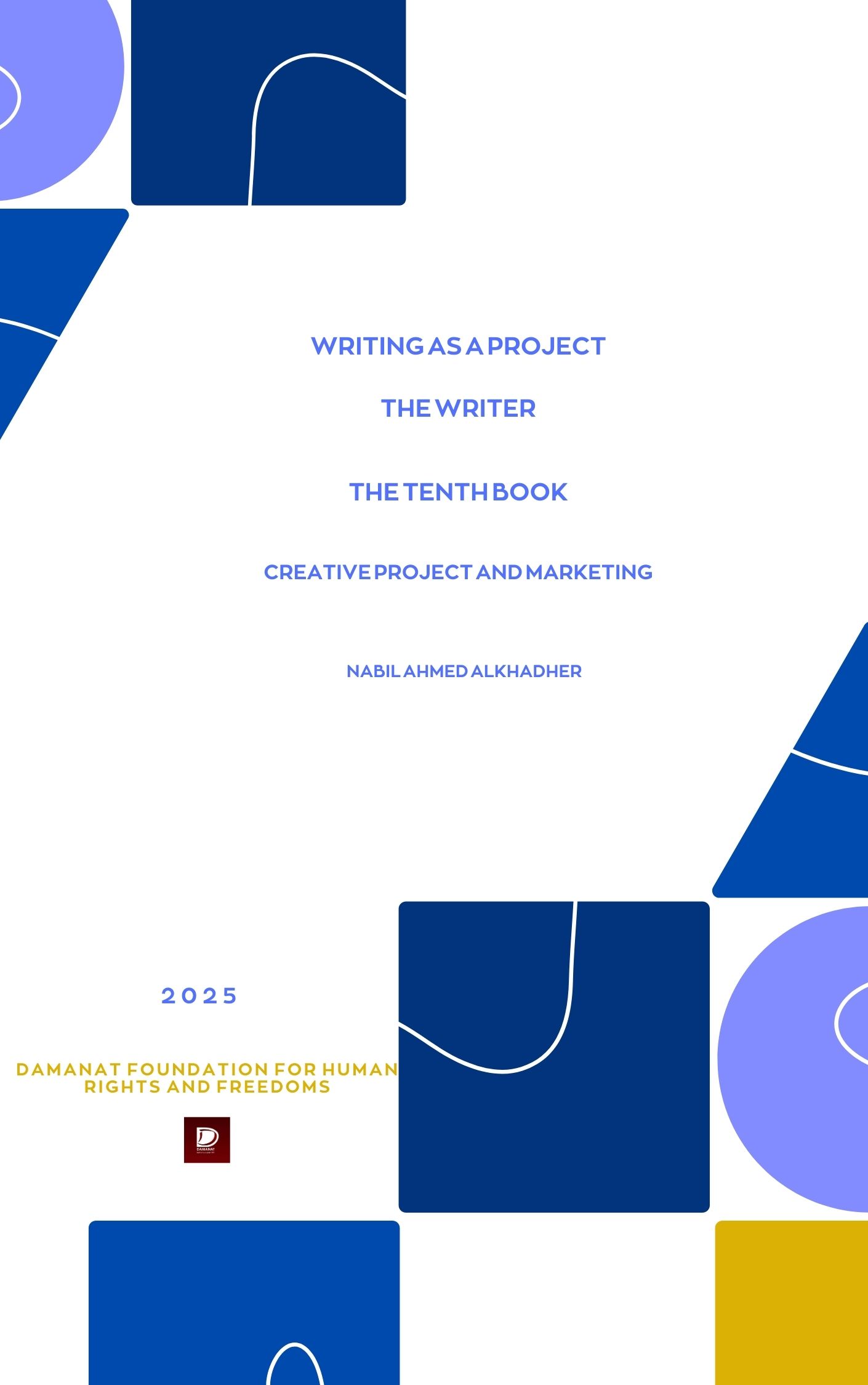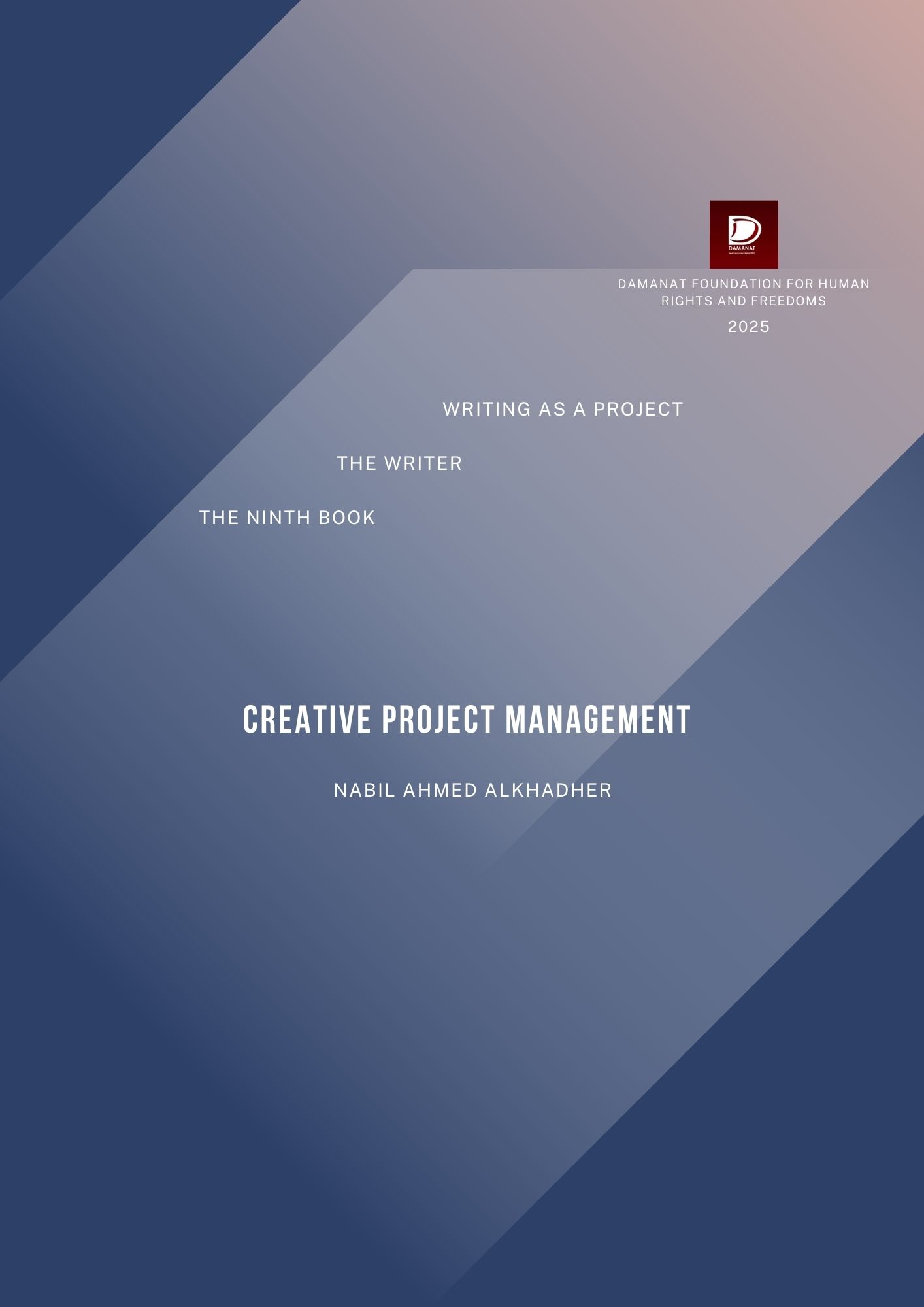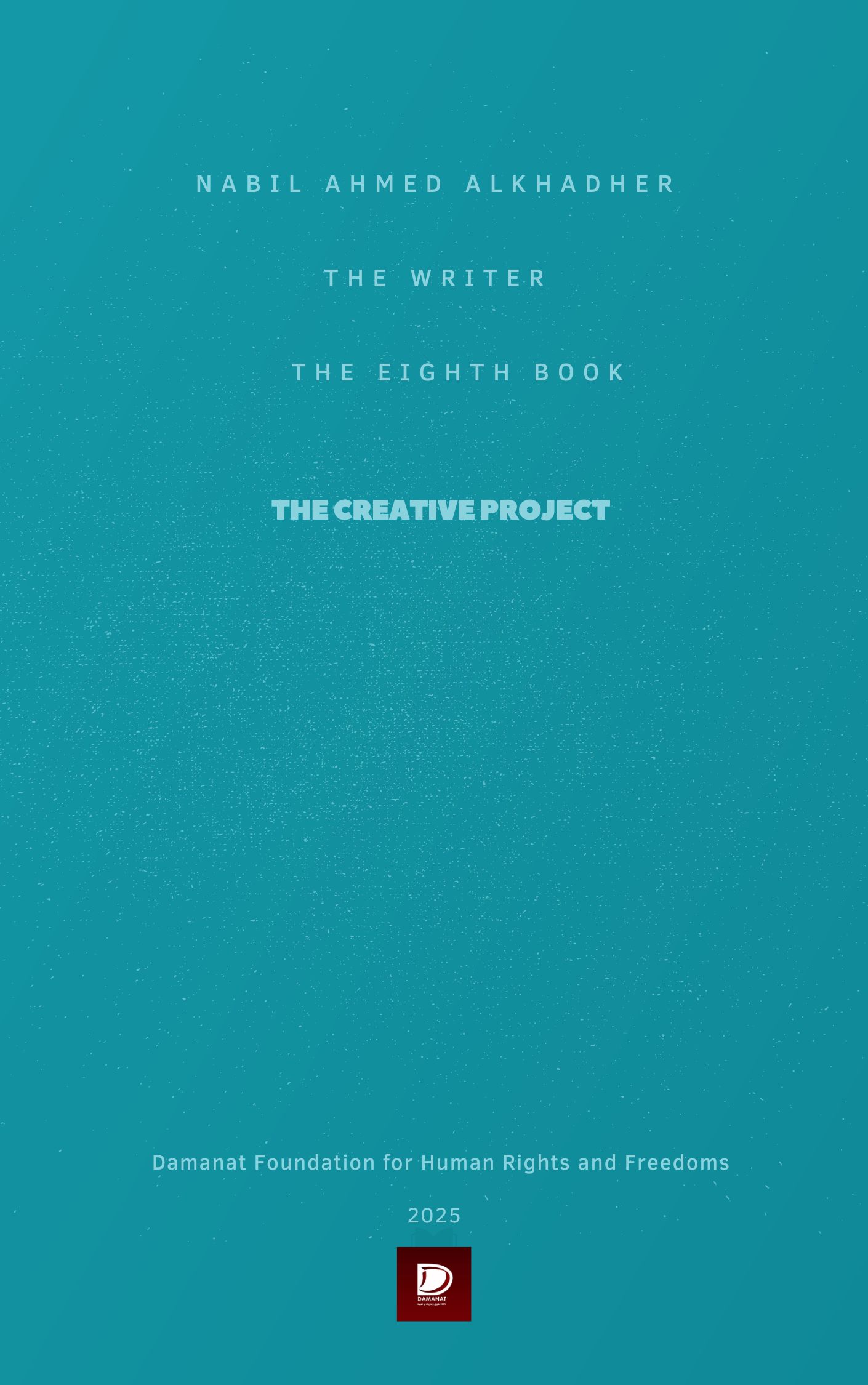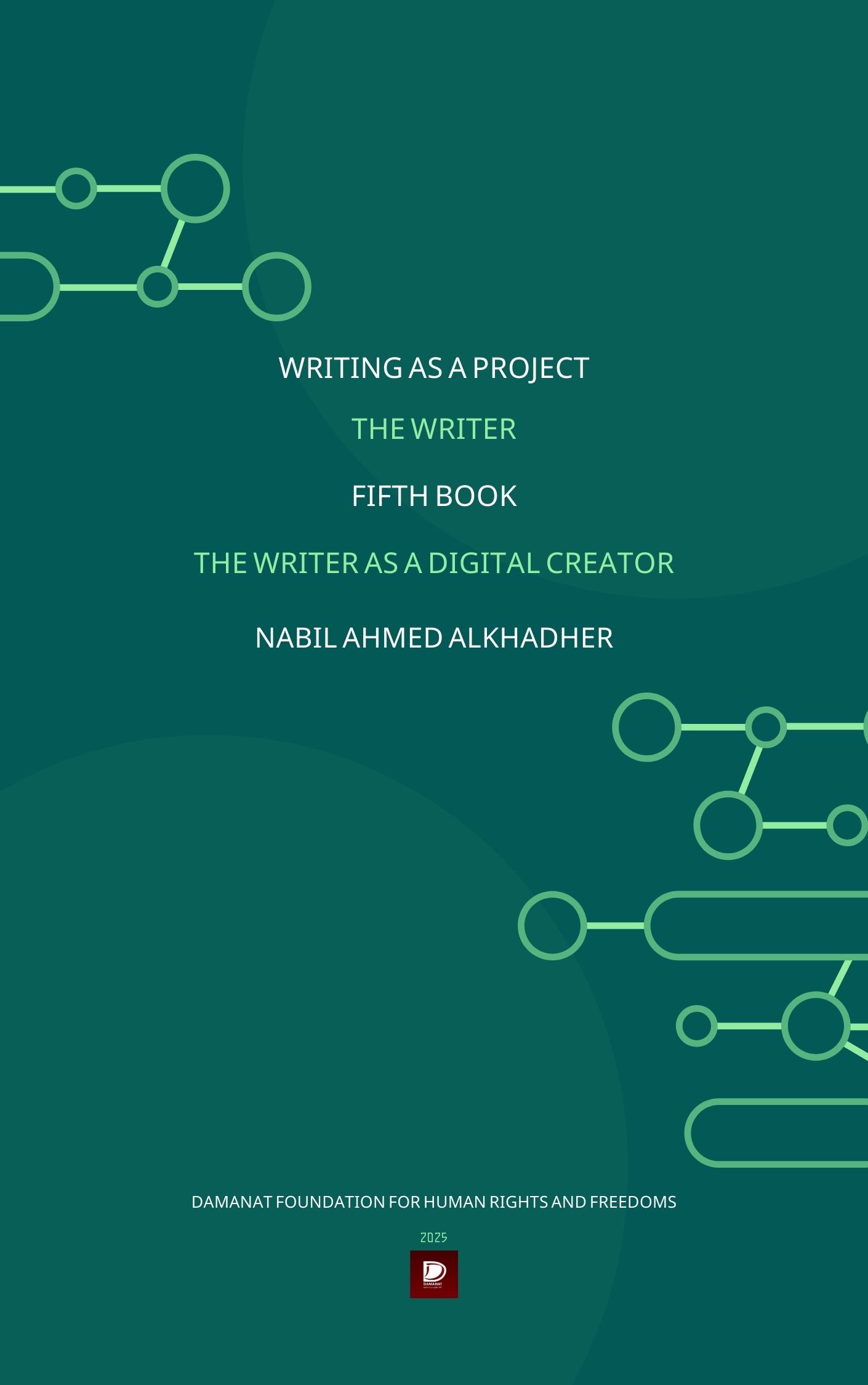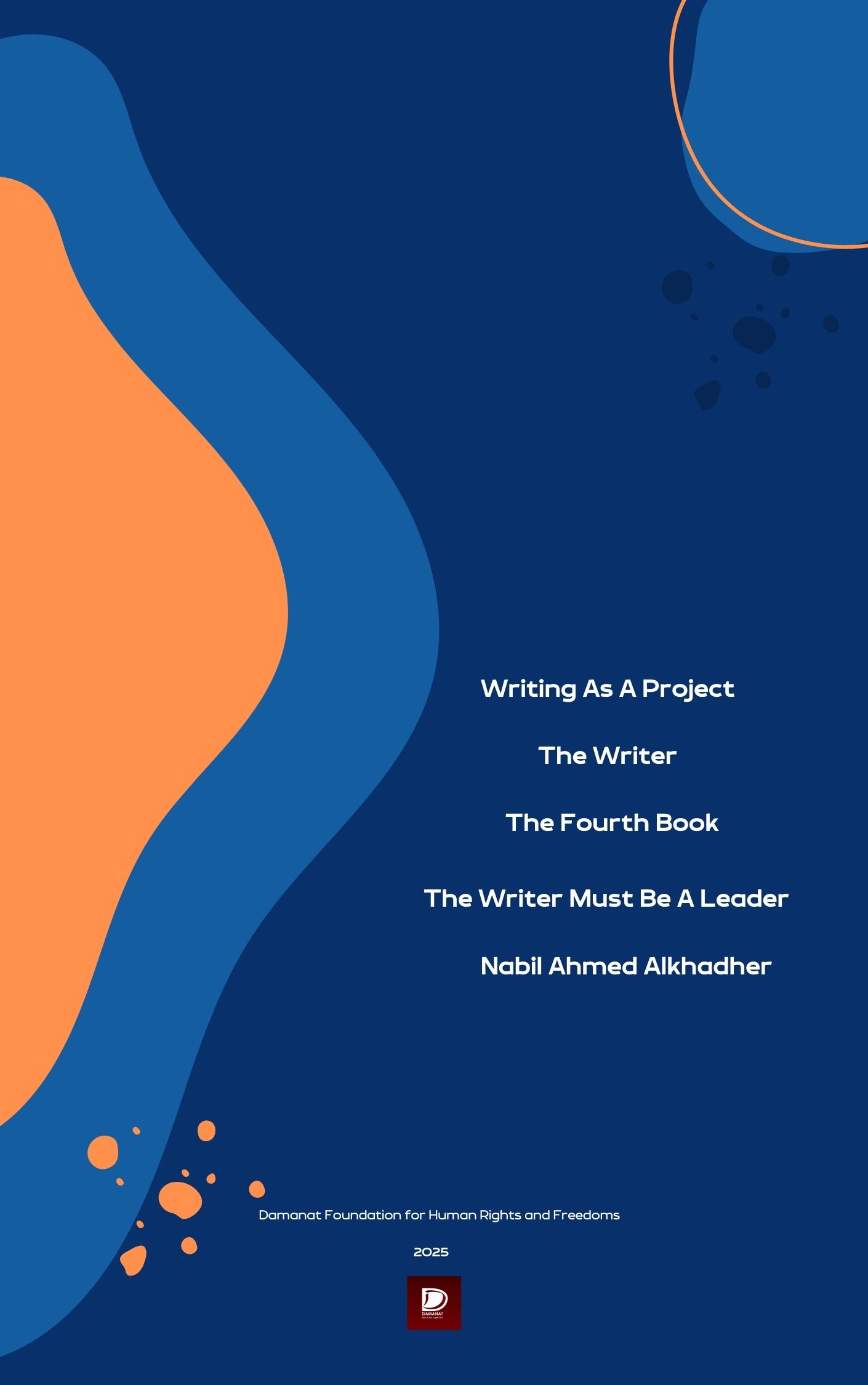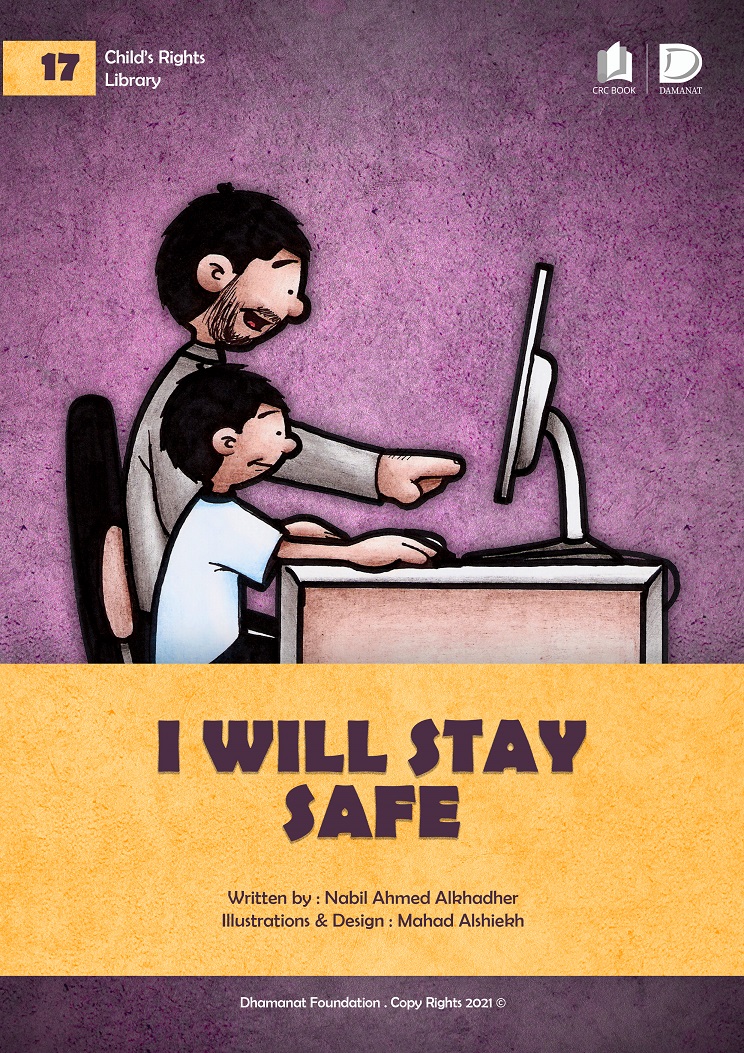Fri,Nov 07 ,2025
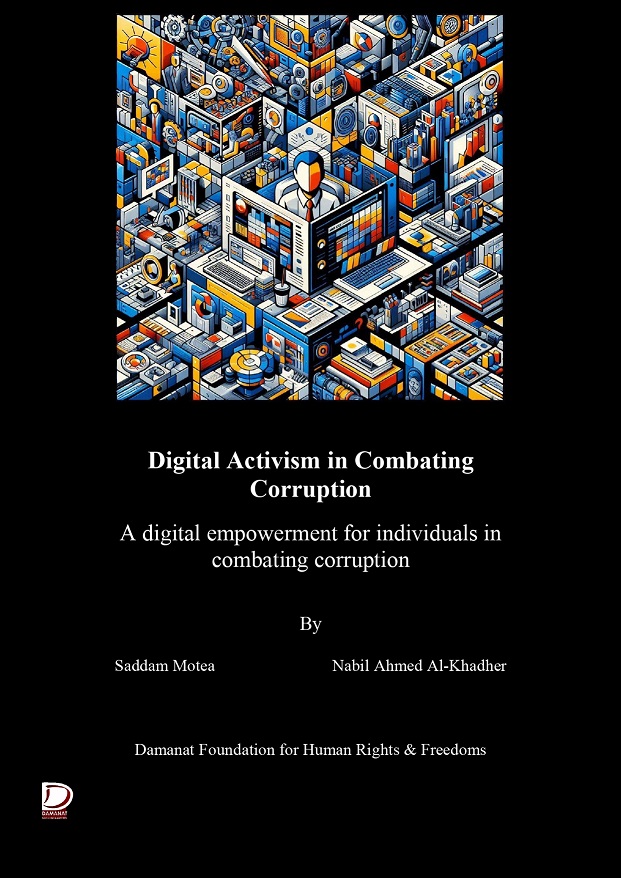
In our current digital age, technology has become pivotal in all aspects of life, including the fight against corruption. The book "Digital Effectiveness in Combating Corruption: Towards Digital Empowerment of Individuals" highlights the significance of digital tools in empowering individuals to actively participate in combating this societal scourge.
The book is published as part of the Digital Rights series, a series of books about the Internet published by the DAMANAT Foundation for Human Rights & Freedom.
The book was published under the title Digital Effectiveness in Combating Corruption by Saddam Motea and edited by Nabil Ahmed Al-khadher.
The book reviews some of the tools and practices that discuss the nature of corruption and its negative effects on societies, then moves on to discuss the increasing role of technology in all aspects of life, and how this technology can be exploited to combat corruption.
The book focuses on providing a detailed explanation of the most important digital tools that can be used to combat corruption, such as electronic reporting platforms, smartphone applications to monitor government projects, and social media to spread awareness and share information, and highlighting the importance of empowering individuals digitally by providing the necessary training and awareness to use digital tools effectively to combat corruption. It also addresses the role of governments and civil institutions in supporting this empowerment, in addition to presenting a set of case studies that illustrate how digital tools have been successfully used to combat corruption in various countries of the world and working to review the challenges facing the use of digital tools to combat corruption, such as digital disparity, cybersecurity issues, and insufficient legislation. It also highlights the opportunities available to develop this field.
Importance of the Book:
- Raising Public Awareness: The book contributes to raising public awareness of the importance of digital participation in combating corruption, and how every individual can contribute to this effort.
- Empowering Individuals: The book provides tools and information that help individuals actively participate in combating corruption.
- Supporting Decision-Makers: The book provides information and evidence that decision-makers can use to develop policies that support combating corruption using technology.
Who is this book for?
- Citizens: To empower them to actively participate in combating corruption.
- Civil society activists: To support their efforts in combating corruption.
- Decision-makers: In governments and international organizations.
- Researchers and students: Interested in studying issues of good governance and anti-corruption.
The book "Digital Effectiveness in Combating Corruption" is a comprehensive guide for anyone wishing to contribute to building a corruption-free society. By reading this book, you will gain a deeper understanding of how to use digital tools to combat corruption, and how every individual can be part of this change.

